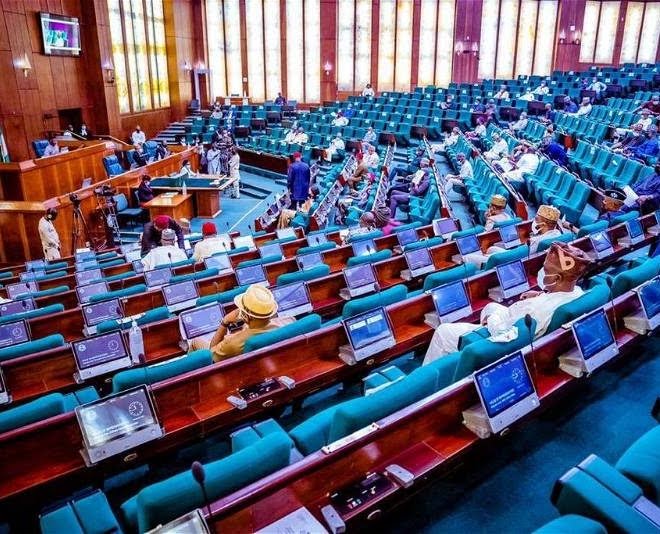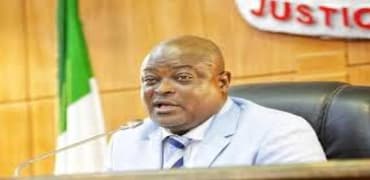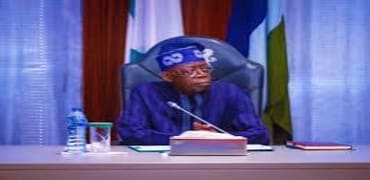Tax Reform Tug-of-War: Senate Halts Debate Amid National Outcry”
Tax Reform Tug-of-War: Senate Halts Debate Amid National Outcry”
By Achimi Muktar
The Senate has hit the brakes on the controversial Tax Reform Bills, bowing to mounting public pressure and calls for greater consultation. This development comes amidst fierce opposition from northern governors and other stakeholders who have labeled the bills as inequitable and rushed.
At Wednesday’s plenary, Deputy Senate President Jibrin Barau announced the suspension of public hearings on the bills. A special Senate committee has been tasked with engaging the executive arm to address contentious issues.
The Tax Reform Bills — which include the Nigeria Revenue Service (Establishment) Bill, 2024, and Nigeria Tax Bill, 2024 — have sparked widespread debate over their potential economic and political implications.
Controversy at the Core
Since their introduction, the bills have faced resistance, particularly from northern governors who allege that the proposed value-added tax (VAT) distribution formula disproportionately benefits southern states like Lagos and Rivers.
Borno State Governor Babagana Zulum voiced his dissatisfaction during an interview with Channels Television:
“We advised the Federal Government to take a pause. There are clauses inimical to Northern Nigeria. Let’s conduct deeper consultations to understand this tax regime before passing it into law.”
Similarly, Senator Shehu Buba (APC, Bauchi South) criticized the reforms, claiming they would unfairly penalize northern states under the proposed derivation formula.
A Call for Unity Amid Discord
Acknowledging the uproar, Barau emphasized the Senate’s role as a stabilizing force:
“We’ve decided to set aside politics, ethnicity, and regionalism to work collaboratively on resolving the tax reform issues for national unity and progress.”
The Senate also invited the president’s economic team, including Fiscal Policy and Tax Reform Committee Chairman Taiwo Oyedele, to provide clarity on the reforms. However, this dialogue has only intensified the debate.
Executive Response
President Bola Ahmed Tinubu has instructed the Ministry of Justice to collaborate with the National Assembly to address “grey areas” in the bills. Minister of Information Mohammed Idris affirmed the administration’s commitment to resolving the issues through dialogue.
Oyedele Defends the Reforms
In response to criticism, Taiwo Oyedele defended the urgency of the reforms, citing Nigeria’s deepening economic crisis. Speaking on Arise News, he argued that delays would exacerbate poverty and hinder small businesses:
“We are dealing with over 60 official levies and taxes, alongside 200 unofficial ones. Inflation is escalating, and people are struggling to feed. The reforms are an emergency, akin to how the world responded to COVID-19.”
Oyedele also dismissed claims of rushing the bills, noting that they have been under review for over a year. He urged stakeholders to act swiftly to provide much-needed economic relief.
Next Steps
A pivotal meeting between the Senate committee and Attorney-General of the Federation (AGF) Lateef Fagbemi was scheduled for Thursday. However, Fagbemi’s absence due to international travel may delay progress.
Despite the setback, Senate committee chairman Abba Moro assured Nigerians that lawmakers would continue discussions to chart a way forward.
The Broader Picture
The Tax Reform Bills represent a delicate balancing act between fostering equity and driving economic growth. While proponents argue the reforms are critical for addressing fiscal challenges, opponents insist on deeper consultations to prevent regional disparities.
As the Senate, the presidency, and stakeholders navigate this contentious terrain, one thing is clear: the fate of these bills will significantly shape Nigeria’s economic future.




















